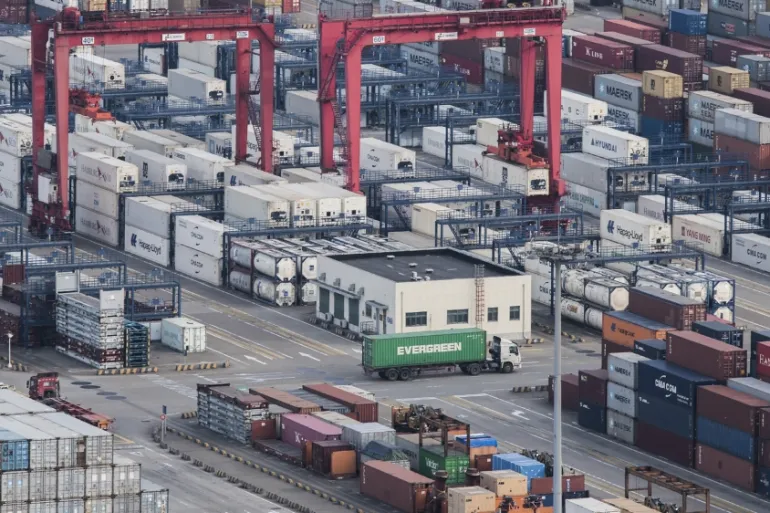
Nigeria has suffered an estimated ₦2.5 trillion in economic losses due to inefficiencies in maritime transport logistics, according to Truck Transit Parks (TTP), the technology firm behind the Ètò electronic call-up system used at Lagos ports.
Speaking at the 2025 Annual Conference of the Transportation Correspondents Association of Nigeria (TCAN), TTP Managing Director, Jama Onwubuariri, emphasized the urgent need for strategic collaboration among government agencies, private sector stakeholders, and regional bodies to fix the country’s broken logistics chain.
“Massive investment in infrastructure and digital solutions is critical to unlocking the full trade potential of Nigeria’s ports, highways, and regional transport corridors,” Onwubuariri stated.
Highlighting progress made, the TTP boss said the deployment of the Ètò App has significantly improved traffic management at the notoriously congested Apapa and Tin-Can Island ports in Lagos.
He recalled the severity of the previous gridlock crisis, where truck queues once stretched from Cele Expressway to Maryland in Ikeja, paralysing commercial activity and increasing logistics costs.
“At the height of the crisis, only about 50 trucks were evacuated daily by one terminal operator. The inefficiencies and extortion crippled operations and inflated costs across the supply chain,” he explained.
Onwubuariri argued that technology alone cannot solve the problem. He called for a more holistic and collaborative approach, involving all stakeholders in the logistics and transportation sectors.
“It’s not just about one app or platform, we need coordinated action across all levels of government, the private sector, and regional partners to truly modernize Nigeria’s logistics landscape.”
Context: Why It Matters
Nigeria’s ports handle the bulk of the country’s international trade, but decades of poor infrastructure, weak regulation, and unchecked corruption have resulted in persistent delays and rising costs for businesses.
Industry experts say solving the congestion at Lagos ports and expanding the use of digital traffic management systems nationwide could unlock billions in annual trade value, create jobs, and improve Nigeria’s standing in global logistics rankings.



